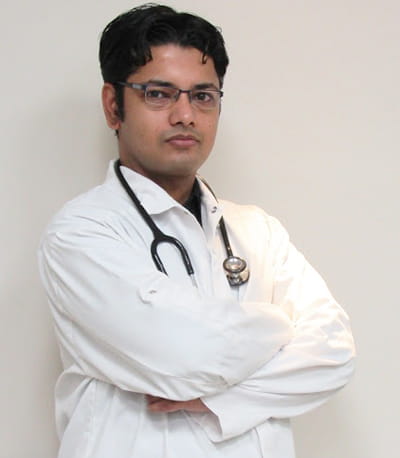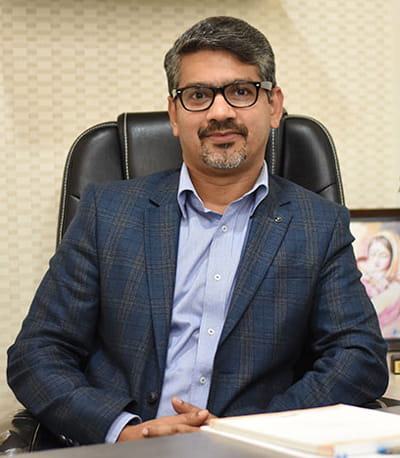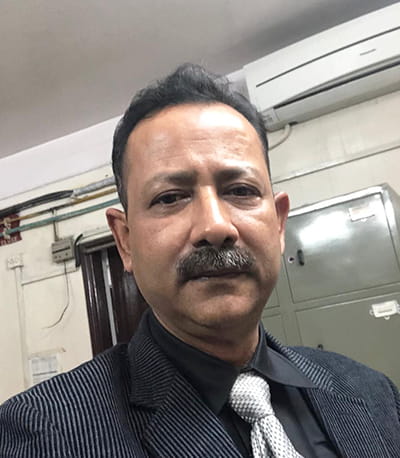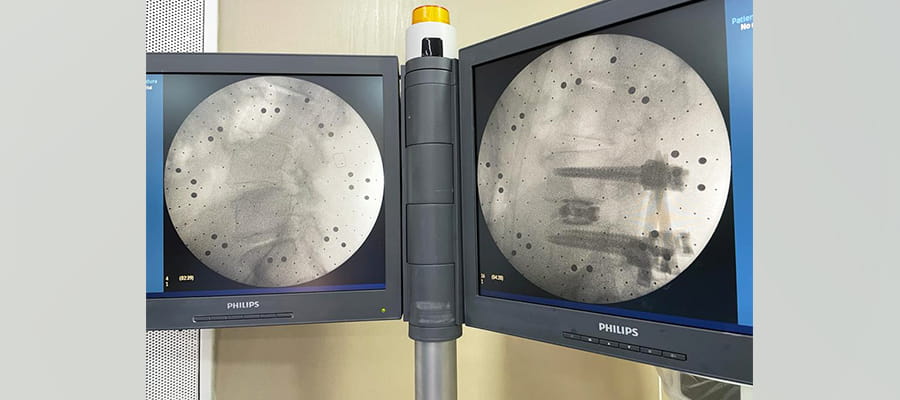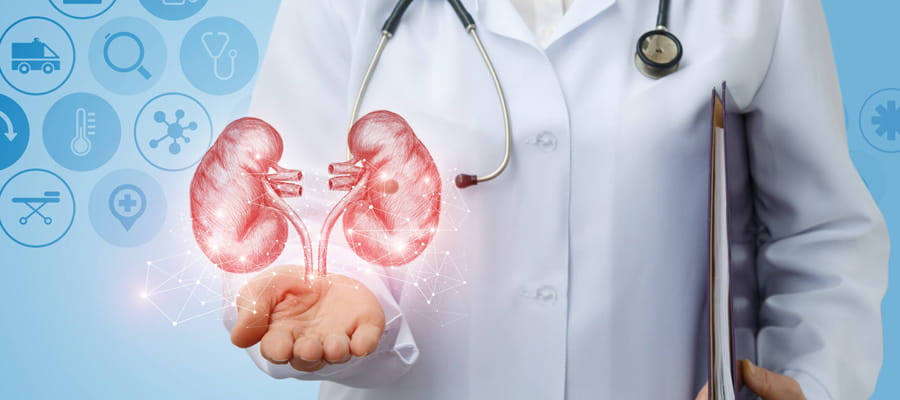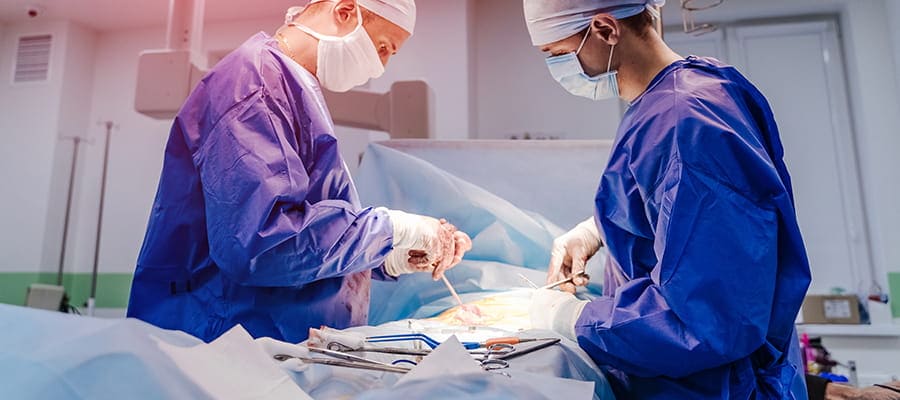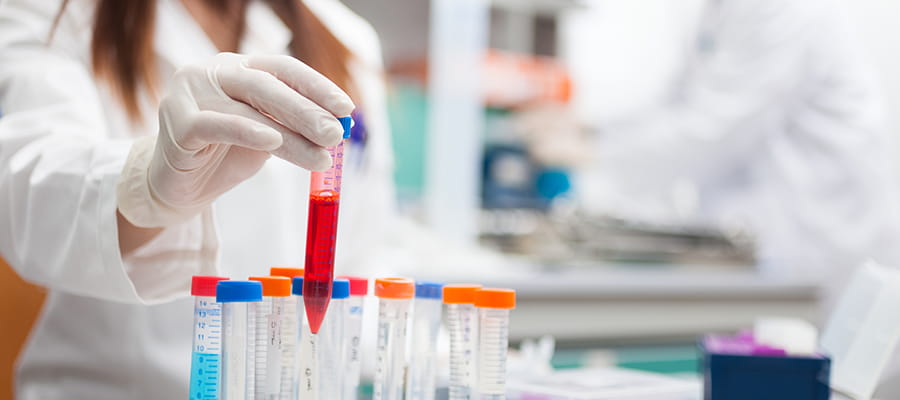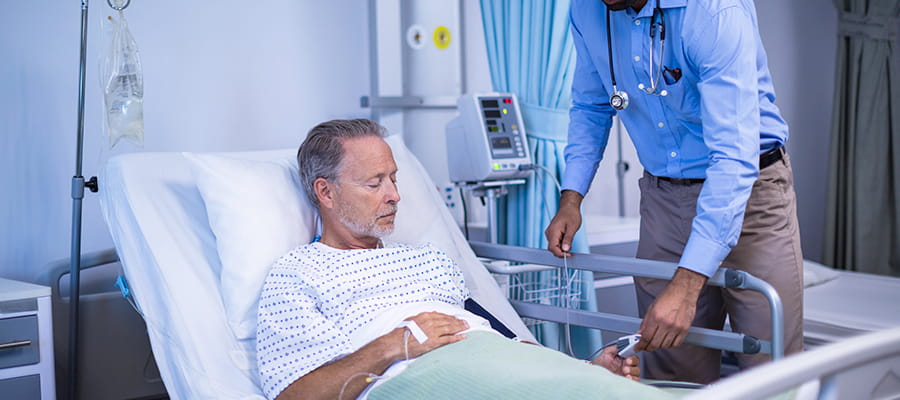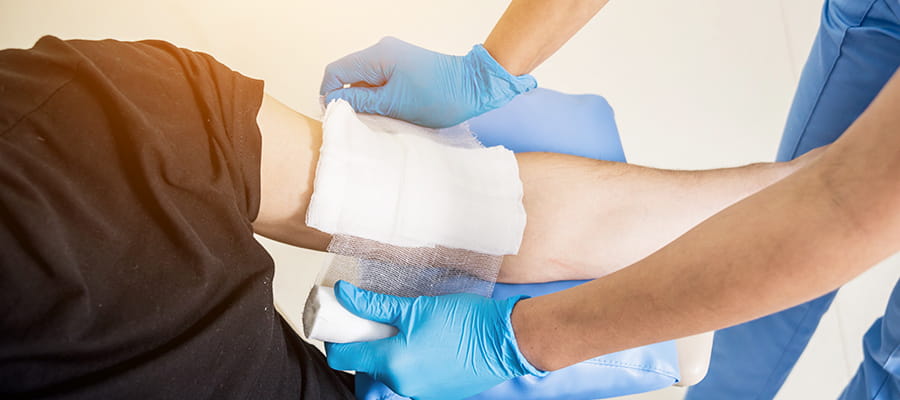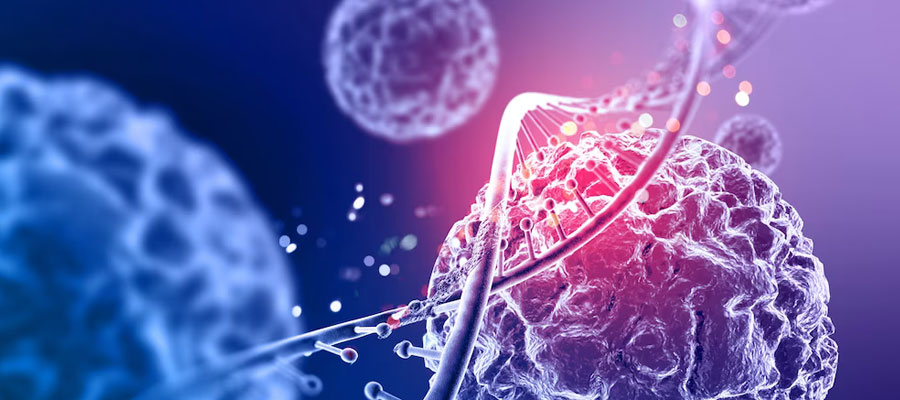Best Critical Care In Siliguri
Critical care is a special unit in a hospital that treats patients with life-threatening illnesses and injuries. Critical care is usually performed by experienced medical professionals in the intensive care unit (ICU) who provides 24/7 assistance and monitors vital signs.
If you're suffering from any serious illness or your near ones have undergone an accident then you visit a hospital that provides the best critical care in Siliguri. This will help you in receiving specialized diagnoses and treatments based on your health condition. Shanti nursing home is a multi-specialty hospital with a high-quality critical care unit that also provides compassionate care and medical backup with the latest diagnosis at an affordable rate.
Who Needs Critical Care?
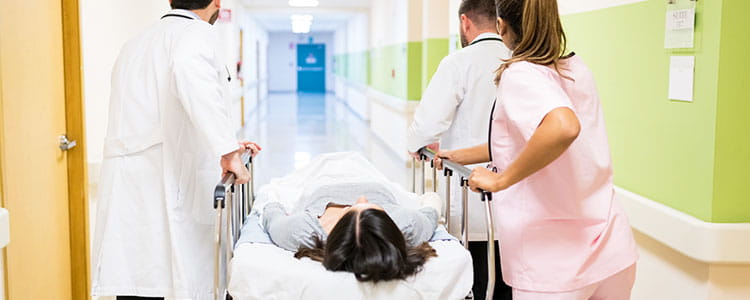
1. Surgery Complications
The people who are recovering from major surgeries can be transferred to critical care so that the patient can get the best post-operative care. It can be a measure of your recovery plan or certain complications during the surgery can also direct the doctor to refer you to critical care as an emergency measure.
2. Serious Injuries
People who have experienced serious injuries due to accident or falls needs to receive critical care. The critical care team and the best intensive care unit in Siliguri treat burns, head injuries, shock, falls, shootings, or severe bleeding.
3. Short-Term Health Complications
You also need critical care when you are suffering from certain short-term complications such as pneumonia, stroke, COVID-19, heart attack, respiratory distress, or any organ failure.
4. Infection
If you're suffering from any severe infections such as pneumonia, sepsis, urinary tract infections, and bloodstream infections then also you may get transferred to critical care. The professionals will provide you catheter, ventilator, or central line assistance to recover from the infections.
What Treatments Are Done In the Critical Care Unit?
The medical professionals of the critical care unit first connect the patient to equipment with the help of wires or cables. The equipment can be a monitor, ventilator, feeding tubes, catheter, or IV lines.
This measure helps in monitoring the health condition of the patient and checks the body functions as well as vital signs. Painkillers and other medications related to the complication are also provided to the patients where they are assisted by a nurse throughout the day and night.

Why Choose Shanti Nursing Home?
Shanti Nursing Home is a recognized name when it comes to high-class diagnostic services and treatments with the best critical and emergency care services.
-
 50+ Team Of Experts
50+ Team Of Experts -
 2000+ Satisfied Patients
2000+ Satisfied Patients -
 10+ Emergency Care
10+ Emergency Care -
 Advanced Operation Theatres
Advanced Operation Theatres -
 Affordable Rates
Affordable Rates -
 Personalized Approach
Personalized Approach -
 Well-Equipped ICU Facilities
Well-Equipped ICU Facilities -
 24/7 Assistance
24/7 Assistance
To book an appointment for receiving the best critical care in Siliguri, call us at +91 86537 76290 / +91 95646 77467.

 +91 86537 76290
+91 86537 76290